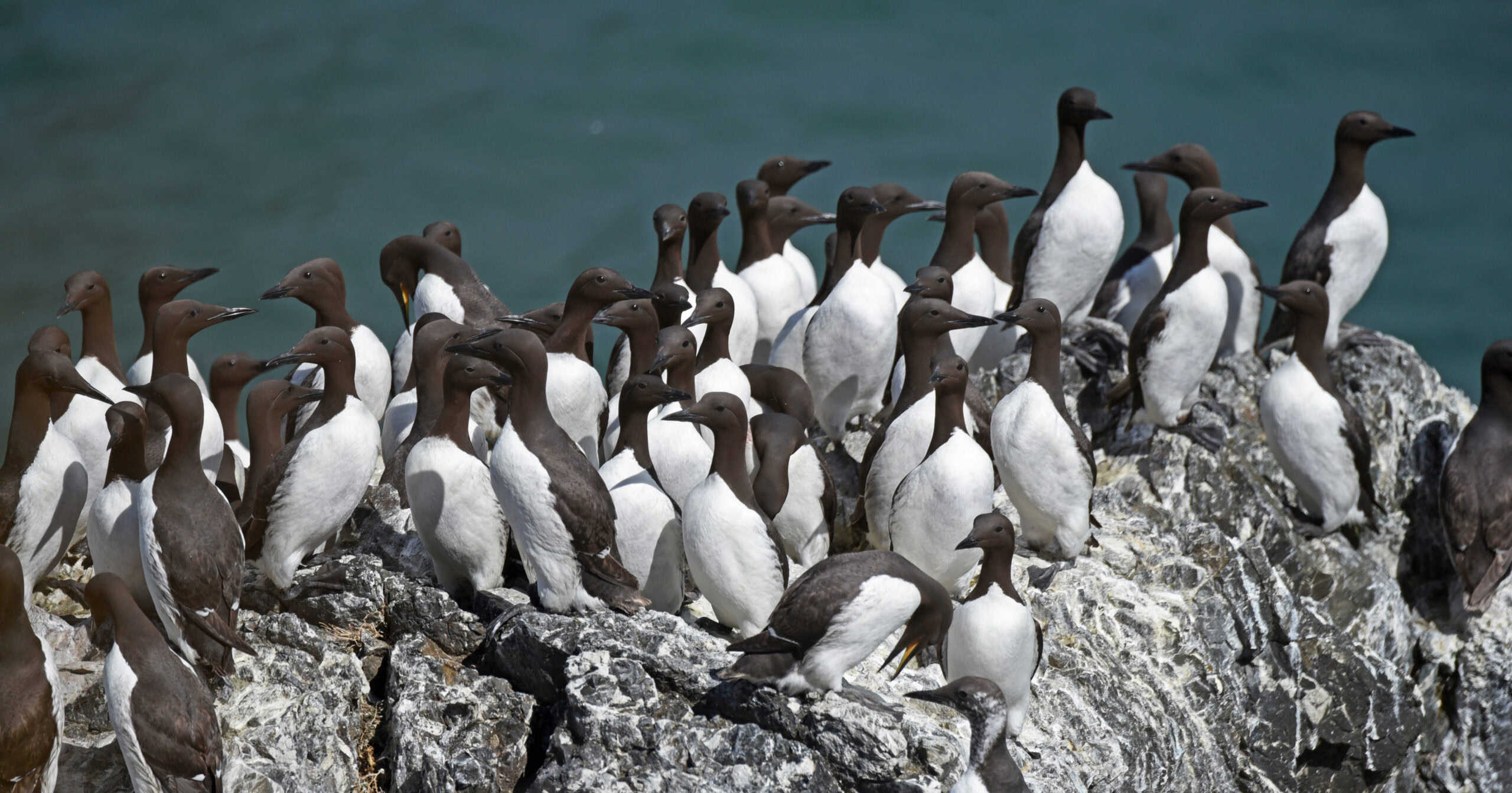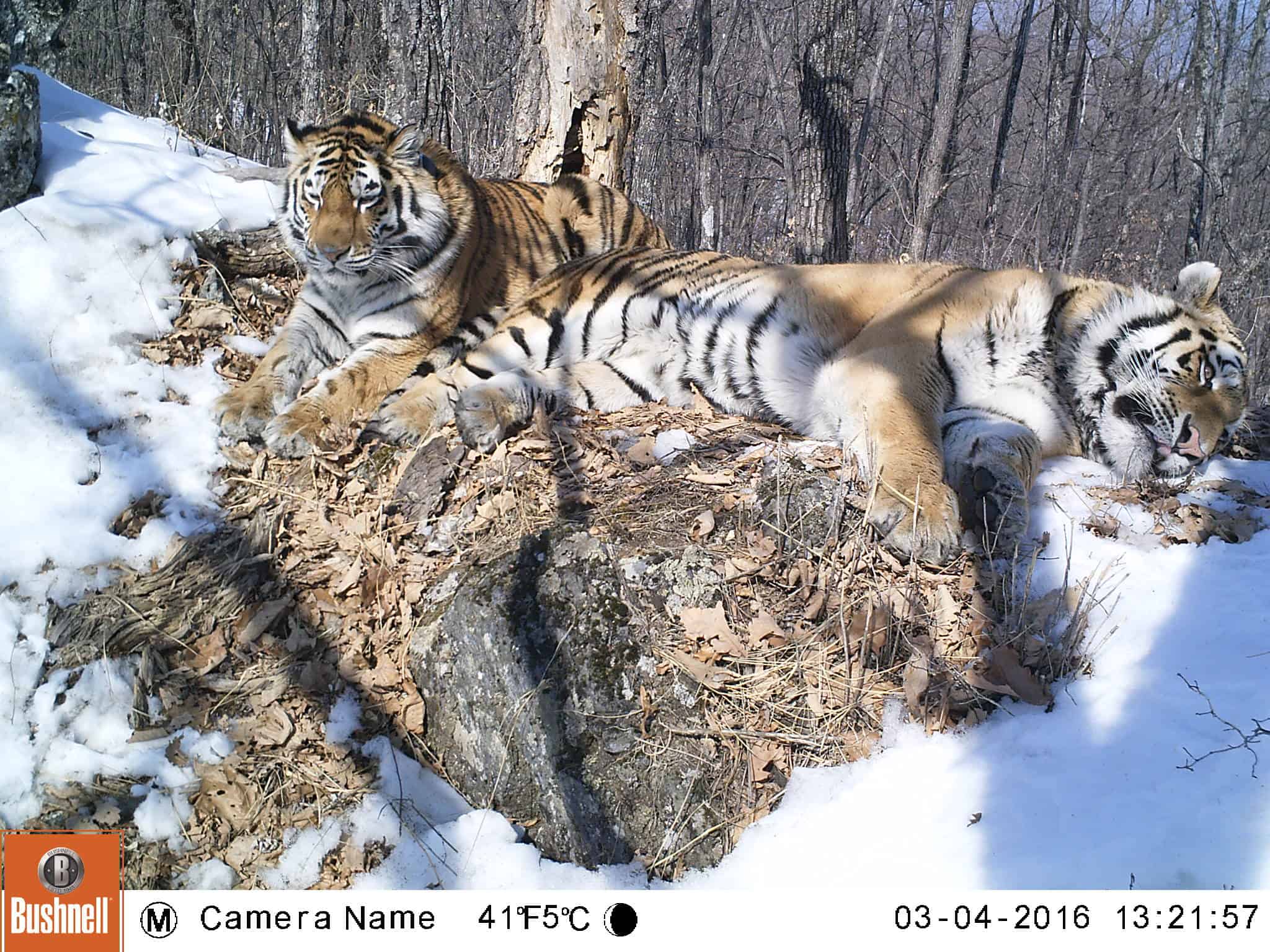Share this article
Red-winged blackbirds’ genes change when cowbirds are near
When brood parasitic brown-headed cowbirds are nearby, red-winged black birds’ genes function in similar ways to when they respond aggressively toward their own species, researchers found.
“We always wanted to know, how does a host start to recognize a new threat?” said Matt Louder, lead author of the study published in Scientific Reports, who conducted the research as a postdoctoral researcher at the University of Illinois. Louder, who is now an ecologist at the environmental consulting firm H.T. Harvey and Associates, said they already knew some red-winged blackbirds (Agelaius phoeniceus) don’t attack the cowbirds when they are unfamiliar because they don’t share the same habitat or geographic area.
“It’s more of a recent evolutionary adaptive response to defend against cowbird parasitism,” he said.
But they also knew that when the redwings are exposed to cowbirds for a long time, their song may change and their aggressive behavior increase. They also knew the redwings can get aggressive toward male counterparts of the same species to defend their territory.
Brown-headed cowbirds (Molothrus ater) don’t make their own nests. Instead, the females set out to find other birds’ nests in which to lay their eggs, leaving it to the other birds to provide for their young. As a result, their chicks have to outcompete the birds that are already in that nest.
Louder and his colleagues wanted to find how the red-winged blackbirds’ genes may change along with their behavior when the brood parasites are present. But they wanted to study this without having to kill the birds to test their brains. “We’ve been looking at the brains in birds for a while, but that’s lethal, and it’s not fun,” Louder said. “When we look at wild birds, it’s kind of a big problem to kill the birds you want to study.”
The team set out to test the birds’ blood for their gene responses. They used a population of red-winged blackbirds along the state line between Wisconsin and Illinois. They trapped territorial male blackbirds at feeders after using speakers to play either a male red-winged blackbird song, a female cowbird rattle call or a dove call that was used as a control. When the bird approached the feeder, they captured the territorial male, took a small amount of blood, and released it back into the wild — all within 30 minutes. They expected the blackbirds to respond aggressively to the song of a competing male of the same species, as well as the intruder parasitic female cowbird rattle call.
Then came the genetics work. The team extracted RNA from the blood to determine its gene expression, which was then sent to a gene sequencer. Then, they looked for patterns in the genes being expressed when the birds heard their own songs versus when the cowbird songs played.
“It looks like the red-winged blackbirds are in part tapping into some of the same responses they have when they get aggressive toward their own species,” Louder said. “Over time, they use the same physiological responses they already have.”
Louder said the information could be useful to understand what happens when an introduced species moves into an ecosystem. “You can estimate how well the native community of prey could deal with a new predator, parasite, or disease if it has some kind of response like this,” he said. The information could also potentially be used for captive breeding programs as an assessment tool.
Header Image: Male red-winged blackbirds become aggressive when female cowbirds are present, and their genes reflect that. ©Susan Young








